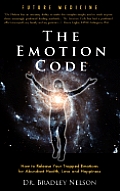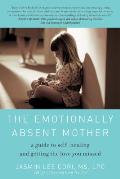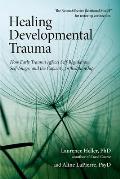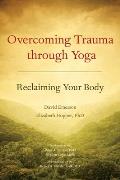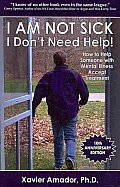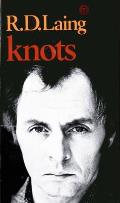Subtitle: How to Release Your Trapped Emotions for Abundant Health, Love, and Happiness
Recommended to me by: a client
This is a marketing book for Dr. Nelson’s chiropractic and emotion-clearing practice, with lots of dramatically successful case studies, most of which I skimmed. It also includes some interesting self-help techniques.
The “sway test” is a form of muscle testing. Standing in a relaxed, stable position, say something obviously true, like, “My name is (your correct name)”, and wait to see how your body reacts. Then try it with something obviously false. “My name is Donald Duck.” The idea is that we sway forward for truth and things we like, and sway back for falsehoods and things we don’t like. It did seem to work this way for me.
Once you have a clear Yes and a clear No, you can use it to inquire into your subconscious.
The book recommends using it to find specific trapped emotions, possibly trapped in a wall around the heart, and clear them by passing a magnet over your head three times. I haven’t been convinced of the efficacy of treatment with magnets, but I tried it anyway. We’ll see if I get dramatically positive results over time!
Recommended if this level of “woo-woo” works for you, and you don’t mind (or enjoy) lots of dramatic success stories.

